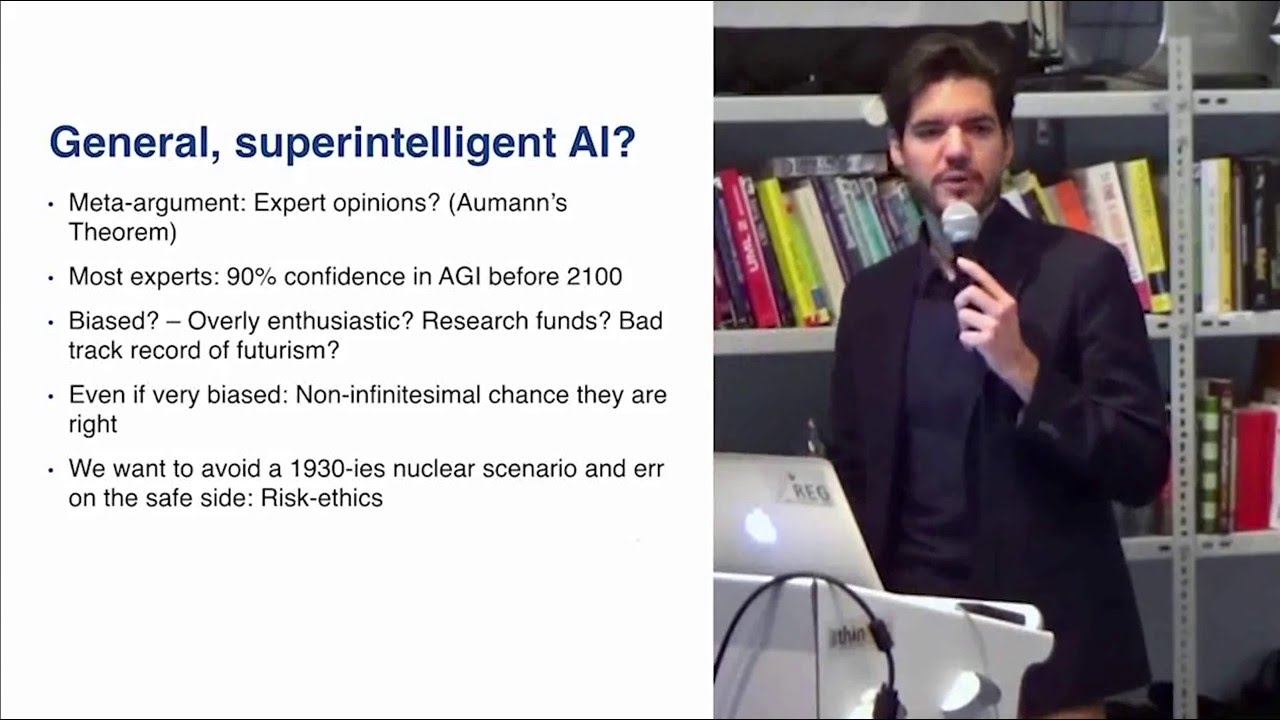wikipedia tts
This is an audio version of the Wikipedia Article:
https://en.wikipedia.org/wiki/Relational_quantum_mechanics
00:02:16 1 History and development
00:04:00 2 The problem of the observer and the observed
00:09:54 3 Central principles
00:10:04 3.1 Observer-dependence of state
00:13:52 3.2 Information and correlation
00:15:28 3.3 All systems are quantum systems
00:19:19 4 Consequences and implications
00:19:29 4.1 Coherence
00:25:45 4.2 Relational networks
00:26:57 4.3 RQM and quantum cosmology
00:28:14 5 Relationship with other interpretations
00:28:46 5.1 Copenhagen interpretation
00:29:37 5.2 Hidden variables theories
00:30:25 5.3 Relative-state formulation
00:31:09 5.4 Consistent histories approach
00:32:16 6 EPR and quantum non-locality
00:32:45 6.1 The problem
00:34:17 6.2 Relational solution
00:39:15 7 Derivation
00:41:27 7.1 Structure
00:50:18 7.2 Dynamics
00:53:23 8 See also
Listening is a more natural way of learning, when compared to reading. Written language only began at around 3200 BC, but spoken language has existed long ago.
Learning by listening is a great way to:
– increases imagination and understanding
– improves your listening skills
– improves your own spoken accent
– learn while on the move
– reduce eye strain
Now learn the vast amount of general knowledge available on Wikipedia through audio (audio article). You could even learn subconsciously by playing the audio while you are sleeping! If you are planning to listen a lot, you could try using a bone conduction headphone, or a standard speaker instead of an earphone.
Listen on Google Assistant through Extra Audio:
https://assistant.google.com/services/invoke/uid/0000001a130b3f91
Other Wikipedia audio articles at:
https://www.youtube.com/results?search_query=wikipedia+tts
Upload your own Wikipedia articles through:
https://github.com/nodef/wikipedia-tts
“There is only one good, knowledge, and one evil, ignorance.”
– Socrates
SUMMARY
=======
This article is intended for those already familiar with quantum mechanics and its attendant interpretational difficulties. Readers who are new to the subject may first want to read the introduction to quantum mechanics.
Relational quantum mechanics (RQM) is an interpretation of quantum mechanics which treats the state of a quantum system as being observer-dependent, that is, the state is the relation between the observer and the system. This interpretation was first delineated by Carlo Rovelli in a 1994 preprint, and has since been expanded upon by a number of theorists. It is inspired by the key idea behind special relativity, that the details of an observation depend on the reference frame of the observer, and uses some ideas from Wheeler on quantum information.The physical content of the theory has not to do with objects themselves, but the relations between them. As Rovelli puts it:
“Quantum mechanics is a theory about the physical description of physical systems relative to other systems, and this is a complete description of the world”.
The essential idea behind RQM is that different observers may give different accounts of the same series of events: for example, to one observer at a given point in time, a system may be in a single, “collapsed” eigenstate, while to another observer at the same time, it may appear to be in a superposition of two or more states. Consequently, if quantum mechanics is to be a complete theory, RQM argues that the notion of “state” describes not the observed system itself, but the relationship, or correlation, between the system and its observer(s). The state vector of conventional quantum mechanics becomes a description of the correlation of some degrees of freedom in the observer, with respect to the observed system. However, it is held by RQM that this applies to all physical objects, whether or not they are conscious or macroscopic (all systems are quantum systems). Any “measurement event” is seen simply as an ordinary physical interaction, an establishment of the sort of correlation discussed above. The proponents of the relational interpretation argue that the approach clears up a number of traditional interpretational difficulties with quantum mechanics, while being simultaneously conceptually elegant and ontologically parsimonious.
Source



